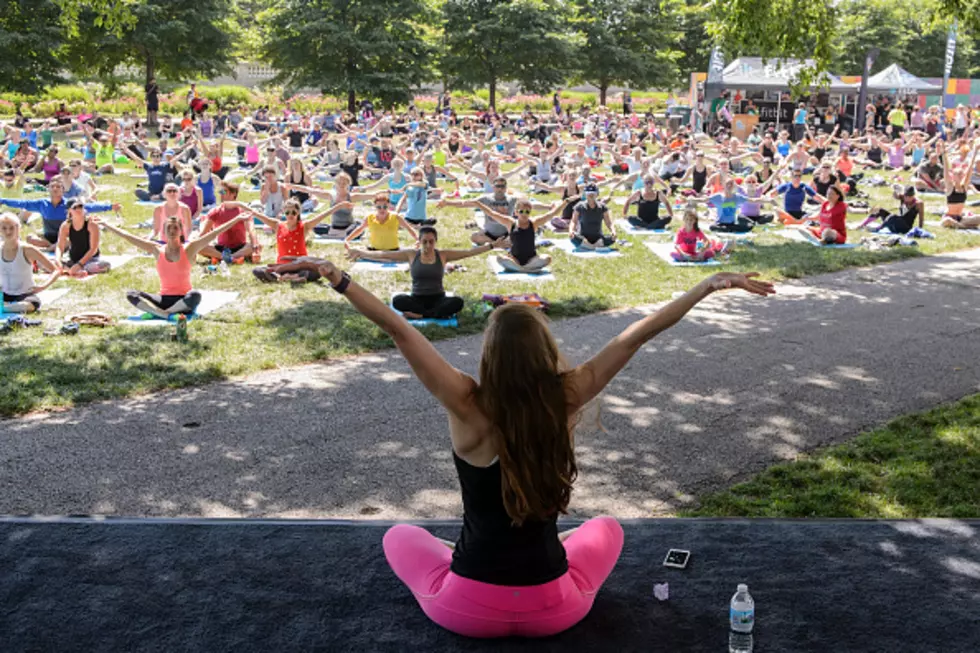
Self Help Little Help?
Professor Says Most Self-Help Books Aren't That Useful
Admit it -- you've wandered down the self-help aisle at the bookstore a time or two, looking for some advice on how to improve your life. But Yahoo! Finance reports that a University of Pittsburgh professor who did her doctoral dissertation on the self-help industry and what makes one of these books a best-seller says most of them aren't that useful. Christine Whelan gives three main reasons:
- The "real people" are made up -- The anecdotes in the books are usually about composite characters or people about whom the details have been changed
- They promise that change is easy -- Whelan says, "Behavioral change is among the hardest things we can set out to do, and any book that promises you instant changes is selling you snake oil."
- There's probably no evidence -- Most self-help writers don't provide data showing that their ideas work for most people who try them.
Still, Whelan says there are some self-help books out there that are good, ones that she says give, quote, "solid advice to guide readers step-by-step toward long-term change," and that emphasize virtues like perseverance, honesty, self-control and thrift. Among her recommendations: Dale Carnegie's How to Win Friends and Influence People; M. Scott Peck's The Road Less Traveled; and Stephen Covey's 7 Habits of Highly Effective People.
More From News Talk KIT









